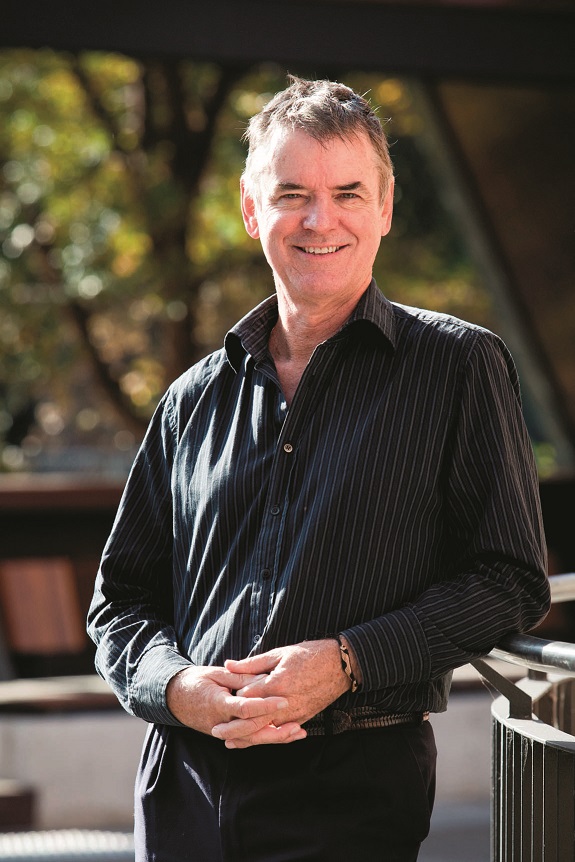Share this page

John Hattie on his journey to becoming a world-renowned education expert and how teachers can implement his Visible Learning philosophy.
By Laura Bickle
Photo: Brown & Cohen Communications & Public Affairs Inc.
Describe yourself in grade school.
Talkative, hungry to learn and keen to try most things.
Describe yourself in high school?
Quiet, hungry to learn, more alone.
What was your favourite subject?
Mathematics (especially algebra). It was like crosswords — when it worked, it finally made sense.
As a student, what career path did you dream of following?
Anything that would get me out of my town. I started as a painter and paperhanger until I discovered that you could get paid to train to become a teacher in a larger town.
What natural gift did you wish to possess during your school days?
Evoking emotions with music. I have recently returned to piano and clarinet.
If you could create a new course, which one would you choose?
Service learning — the art of giving back.
Explain visible learning?
It is encouraging teachers to see learning through the eyes of students, using their expertise to adapt their instruction to the immediate needs of their students. Through their passion, they show students the beauties, challenges and fun of learning — and they are keener to listen and understand each student’s pathway to success.
How can teachers begin to implement this approach?
Ask students what it means to be a learner in their classroom. You want them to feel that it is fun to make mistakes, powerful to learn from others and hard work — but the goal is to make the challenge of learning an enjoyable process for all.
Quality you appreciated in a teacher?
Listening.
Based on your Visible Learning research, what changes would you like to see made in teacher education?
I would ask teacher candidates the same thing I ask teachers and school leaders; put the evidence on the table. Ask them to create videos or assignments, in their final year, that show that they can diagnose what a student knows and cares about, how they choose an optimal intervention, and how they evaluate their impact on one student, a small cohort or a class. That is, assess their ability to meaningfully change the learning lives of students.
What would you like school boards to take from your research?
How to scale up the incredible educational successes that are around us, and develop the profession to respect and own their expertise.